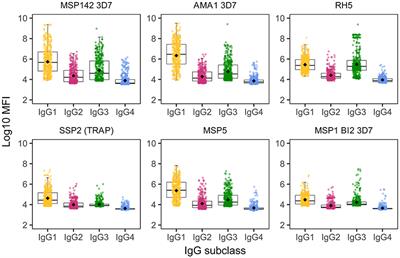REVIEW
Published on 05 Jun 2019
Vaccination With Sporozoites: Models and Correlates of Protection

doi 10.3389/fimmu.2019.01227
- 8,539 views
- 40 citations
74k
Total downloads
391k
Total views and downloads
Select the journal/section where you want your idea to be submitted:
REVIEW
Published on 05 Jun 2019

ORIGINAL RESEARCH
Published on 05 Jun 2019

ORIGINAL RESEARCH
Published on 04 Jun 2019

REVIEW
Published on 17 Apr 2019

REVIEW
Published on 02 Apr 2019

ORIGINAL RESEARCH
Published on 27 Mar 2019

REVIEW
Published on 21 Mar 2019

ORIGINAL RESEARCH
Published on 15 Mar 2019

ORIGINAL RESEARCH
Published on 15 Mar 2019

ORIGINAL RESEARCH
Published on 11 Mar 2019

REVIEW
Published on 04 Mar 2019

ORIGINAL RESEARCH
Published on 19 Feb 2019


